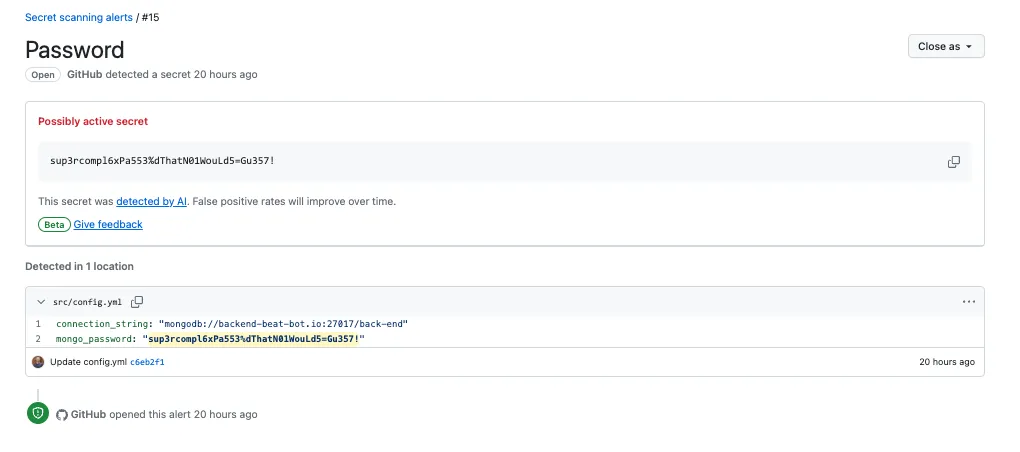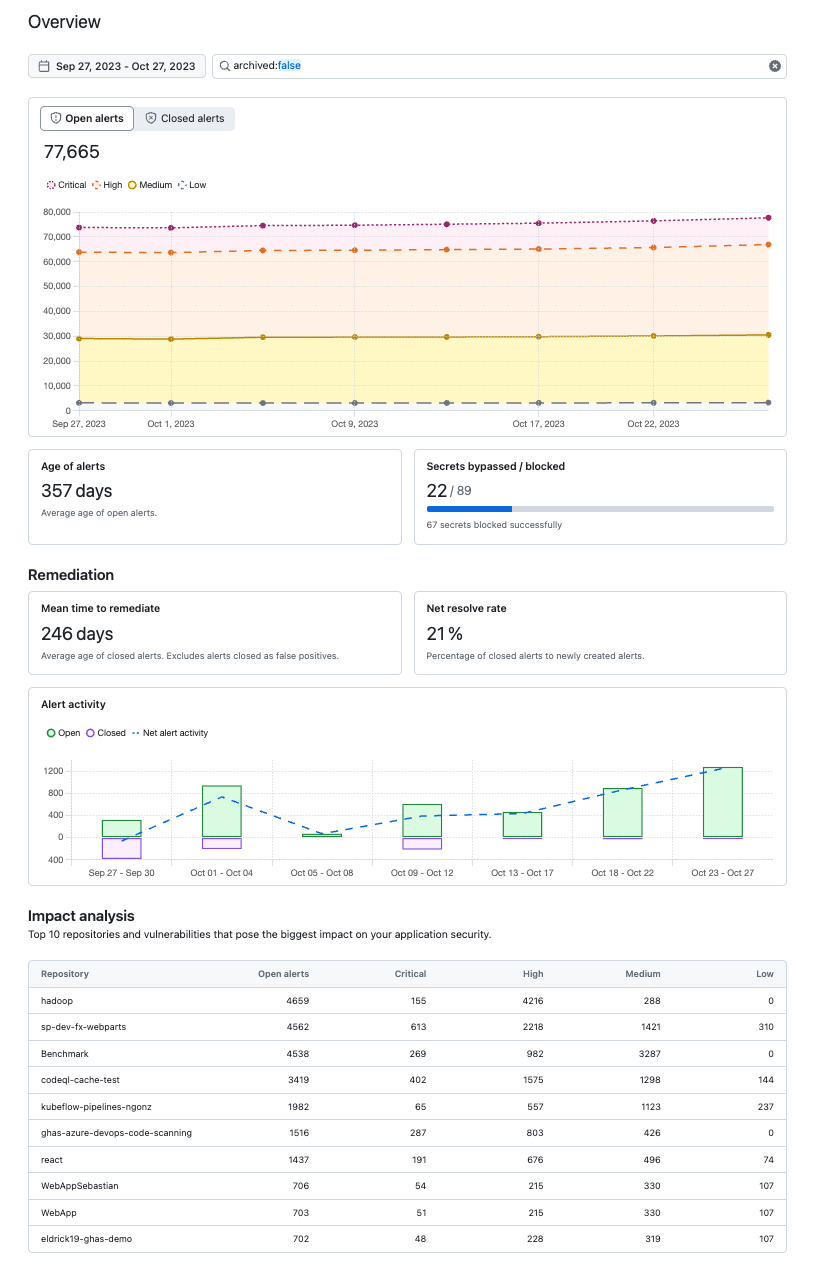
GitHub has announced powerful new AI-based features to boost application security testing for developers using GitHub Advanced Security. The features utilize advanced language models to simplify vulnerability detection, accelerate remediation, and provide enhanced visibility into overall security posture.
The most significant addition is autofix suggestions for code scanning alerts. After analyzing code with CodeQL, GitHub will now provide AI-generated fixes directly in pull requests, allowing developers to rapidly resolve vulnerabilities without leaving their workflow. The AI examines CodeQL, JavaScript, and TypeScript alerts and recommends precise remediation steps developers can instantly commit to their repositories.
GitHub has also unveiled AI-powered capabilities to uncover leaked passwords in secret scanning. Copilot can now detect generic, unstructured secrets like passwords which evade traditional detection methods. While still experimental, this innovation could protect against credential leaks that leave systems vulnerable to attackers.

GitHub is also simplifying the creation of custom regular expression patterns for secret detection. The introduction of an AI-powered regular expression generator, which abstracts the complexity of coding expressions into a simple Q&A format, marks a significant reduction in the time and expertise required to safeguard proprietary or unique secrets.
Complementing these technical tools is the new security overview dashboard. Designed to provide a holistic view of an organization's security posture, this dashboard distills complex data into comprehensible trends, remediation effectiveness, and prevention measures, serving as a critical resource for both developers and security teams. It is organized in the following sections:
- Risk. Demonstrates the security findings across your repositories, as well as where there are increases or decreases in findings, and the categories of findings.
- Remediation. Helps you understand how effective your remediation practices are. For example, how many security findings have been closed and your organization’s overall mean time to remediation.
- Prevention. Offers a clear view into where security issues have been prevented through features like push protection.

Overall, GitHub's latest AI advancements exemplify how artificial intelligence can make security testing more seamless for developers while producing higher quality results. Embedding intelligent assistance directly into the coding process allows vulnerabilities to be identified and fixed faster than ever. For organizations seeking to "shift left" on security, GitHub's AI-powered testing provides a promising path forward.

